About shadow boxing, social media nonsense and reckless leadership: Tshisekedi does everything to escape the promises made in Washington
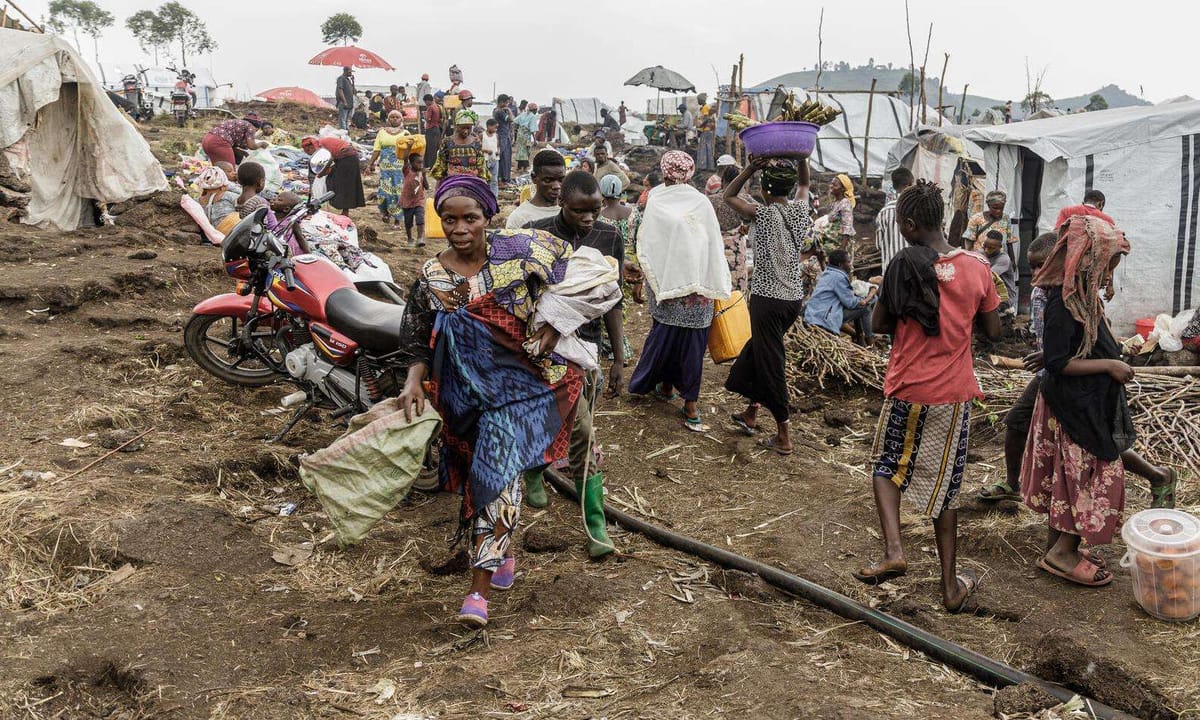
In recent days, rumors have been swirling about a full-scale offensive against the M23, suggesting that Tshisekedi has recruited new mercenaries, support that could come from Blackwater operatives under Eric Prince, that Bujumbura is transforming into a logistical hub for this offensive, and Goma and Bukavu may soon be retaken from M23. It’s also speculated and hoped for by pro-Kinshasa Twitter warriors that Rwanda will face a harsh crackdown as part of this plan. Meanwhile, the FDLR is once again destabilizing its former stronghold in North Kivu, conducting attacks in the triangle between Rutshuru, Rwindi, and Nyanzale-Binza. All signs point to a potential larger clash brewing that could plunge the entire region into chaos—at least, if we believe the narratives spun by those social media influencers. I must admit that after years of field reporting, I’ve become quite cynical. The likelihood of this situation spiraling totally out of control remains very high. Nonetheless, I decided to seek out the perspectives of key protagonists and various observers closely monitoring events on the ground.
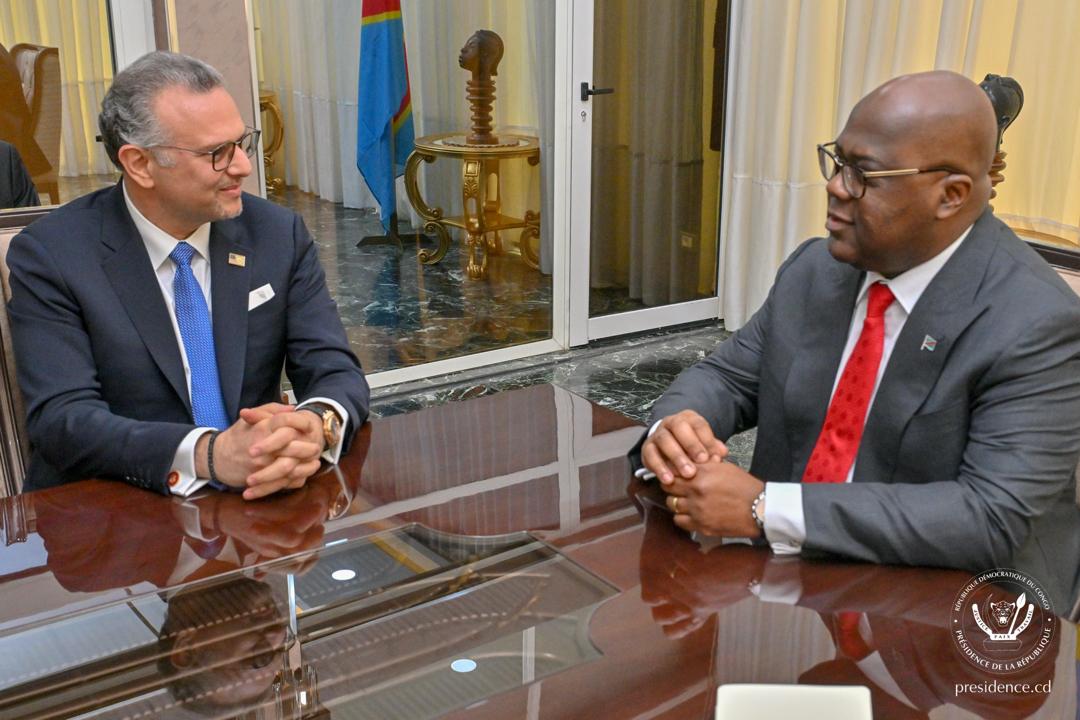
Bluff
A cabinet official from a minister in Kinshasa told us that not everyone in Kinshasa is pleased. “The Washington peace agreement isn’t universally understood,” he said. The man is originally from the Kivu region. “Many see it as a political victory for Rwanda—especially because they succeeded in linking the proper implementation of this agreement to the peace talks in Doha, which are set to restart next week. Frustration within the group of these critics is also fueled by Tshisekedi’s trip to the U.S., where he aimed to secure unconditional support from Trump in exchange for minerals. Initially, it looked promising, but American negotiators did not fully commit. The U.S. intelligence services are well-informed about what’s happening on the ground, so it’s logical they also paid attention to Rwanda’s demands. Things needed to move quickly, so they largely relied on proposals already made in Luanda. The Congolese government had no choice but to agree: Tshisekedi was caught between his own bluff that he had American backing—again, in exchange for minerals—and the Rwandans’ history of working smoothly with previous U.S. administrations. I personally believe that the Kivus should be placed back under Kinshasa’s control, but how that will happen remains to be seen. Starting another fight over it would likely end in total disaster.”
Shadow Boxing
“I’m not really losing sleep over the shadow boxing happening mainly on Twitter right now,” comments a Congo analyst based in Belgium. “Most of the nonsense circulating is from people who completely lack knowledge of their own country’s history. In Kinshasa, some politicians and university professors even claim that Tutsi in present-day Congo have no place here—that they are all Rwandans—and that the M23, in principle, has no legitimacy. The Congolese media have adopted this narrative, which has quickly become a tool for politicians to justify their corruption. Some have even formed their own militias to demand more respect in Kinshasa. Recently, this narrative was further fueled by pro-FDLR groups in Europe, such as Jambo ASBL, and others. The FDLR is now desperately trying to survive. Recent regional events show they still have support from Tshisekedi and his Burundian colleague, Neva. To what extent Tshisekedi is again deploying troops to South Kivu and Burundi remains uncertain, but what’s clear is that he still believes he can reassert military strength to expel the M23 from the Kivus."
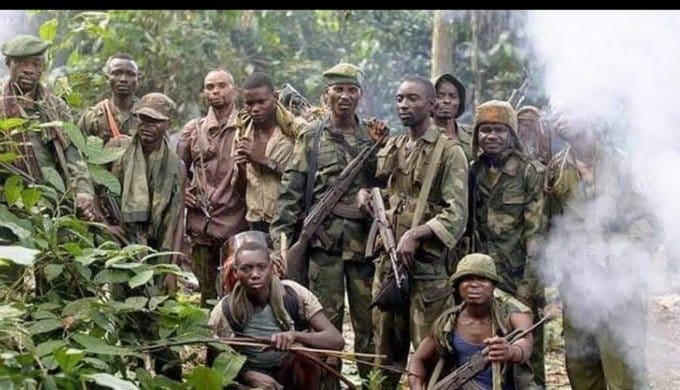
"The problem is that U.S. intelligence is closely monitoring these developments and could pull the plug if this war reignites. Tshisekedi also knows he can never win a new, larger conflict with the M23; the Rwandans have warned that they will retaliate fiercely if the fighting crosses into Rwanda. He now has little choice but to disarm the FDLR and expel them from the FARDC. He’s also aware that the FDLR would likely turn against the army once disarmed. Add to this the recent publication of a UN expert report, which Kinshasa interprets very unilaterally—one that clearly states the FDLR is still part of the Congolese armed forces—and you understand that Tshisekedi has every reason to arrive in Doha next week with strong negotiating leverage. I found the report quite interesting, but I believe it’s problematic that the UN experts based their conclusions largely on a reality that’s several years out of date—because today, M23 no longer needs Rwanda’s army to deliver a blow to Tshisekedi. Personally, I think the Congolese president is simply flexing his muscles to pressure the M23 and extract concessions. The anti-Tutsi propaganda—initially fueled by figures like Patrick Muyaya—aims to blame Rwanda for all the country’s ills. This narrative now serves as a pretext for Tshisekedi to bow to M23’s demands, which diminishes whatever credibility he might have left. I do not believe in the possibility of a full-out regional war; Tshisekedi couldn’t be so stupid. I think he’s just making a lot of noise to bring his opponent out of balance.”
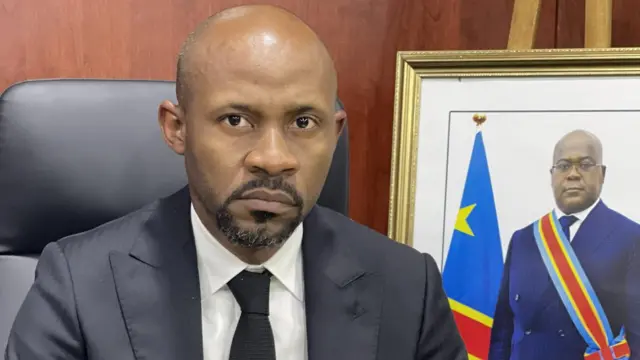
Irresponsible Leadership
“We are dealing in Congo with irresponsible, corrupt, and opportunistic politicians who do everything possible to cling to power,” adds a longtime researcher working in both Kivu provinces. “But the situation is becoming truly unsustainable, and the entire region risks sliding into an even larger conflict with many more innocent victims. The local populations are deeply unhappy with how things are unfolding. For example, the security management in Goma is more tolerant of the M23, whereas in Bukavu, where several Banyamulenge are part of the local government, the situation is much more tense. Bukavu’s situation is more complex, but it’s minor compared to the total lack of leadership in Kinshasa, where Tshisekedi continues to send troops to the slaughter, recruiting mercenaries and acquiring weapons and materials. Burundi is indeed transforming into a logistics hub for the FDLR and the FARDC; for Burundi’s current leadership—a Hutu extremist—the conflict is a matter of survival. The foreign governments are too complacent about this: sources within the FARDC and FDLR tell me that Bujumbura is important, but Tshisekedi is primarily strengthening his forces around Kalemie and Kisangani. They need more time to do so, and they hope to buy that time by delaying negotiations in Doha. Doha thus becomes a distraction, while also serving to curry favor with Donald Trump. By attacking the M23 on multiple fronts and encouraging the FDLR to destabilize M23’s interior, they aim to put pressure on the group since they know M23 can’t be everywhere at once. Some paid social media influencers are now fueling this scenario daily. The coming weeks will be crucial for the conflict’s future course. Everyone knows the M23 is well aware of these plans. If the war spills over into Rwanda, everyone also knows what will happen next. Tshisekedi cannot win this war. If the worst-case scenario unfolds, the M23 will likely suffer heavy blows, but only temporarily. That would mean Tshisekedi’s last cards are already played, his jokers long gone. The Americans will realize that the current clique in Kinshasa makes any resolution impossible. Rwandan President Kagame has already warned that any drone or kamikaze attack on Kigali would trigger a swift military response. That’s what I fear most: if that happens, Congo’s two Kivu provinces will be lost forever.”
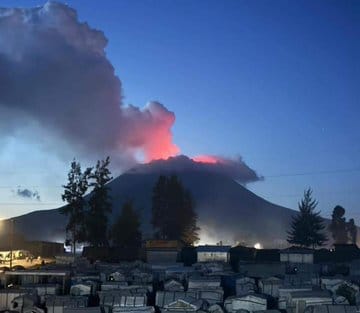
Rwanda and the M23
“Our president has been very clear, but we still have to give the Doha negotiations a chance,” adds a senior official in Kigali. “Anyone who attacks Rwandan territory commits political and physical suicide. Did you really think we would fall for such ‘honey trap’ ambushes? Do you believe we’ll mobilize our forces to quickly neutralize the FARDC, Burundian army, and FDLR? No way. We have other means to resolve this, with the same results. Don’t forget that the Burundians already tried to trick us into invading their country by allowing Holly Wooed star Paul Rusasabagina to cross into our country to kill innocent people. The Americans are watching closely too. The M23 is currently capable itself to fend off potential counterattacks from the FDLR-FARDC and Wazalendo coalitions. And about the level of most Twitter post you're right! Most of it is nonsense designed to stir the public opinion!”
“A critical situation indeed, and we are aware that a ‘honey pot’ trap is being set for us by the Congolese leadership,” concludes a M23 leader. “But we are the bear here, and we won’t be deterred by a few bee stings. We also know that if the FARDC attacks us, they will accuse us of violating the Washington accords and call us aggressors. They themselves signed a document in which they recognized that the M23 is not a Rwandan puppet. Still, we knew Tshisekedi would make big moves to slip out of this. If we need to defend ourselves, we will—there are no Rwandan army elements in our ranks, and we can handle this ourselves. If the FDLR or Burundians provoke the Rwandan army on their territory, that’s their problem, but I strongly advise them against it. We are fighting primarily for the recognition of our core demands: recognition of the Congolese Tutsi community as full citizens, the return of refugees from neighboring countries, an end to hate campaigns against Tutsis, and—though less critical for many of our fighters—a sincere and fair government in Kinshasa that respects and defends the rights of all Congolese. We will also maintain our own administrative structures in this region and see that agreements are not broken again. If Kinshasa and Bujumbura refuse to accept this, they will have to face the consequences.”

Conclusion
All I can do is report what I observe. Very few are willing to speak “on the record,” fearing misinterpretation, orders from superiors to avoid media contact, or the prospect of losing lucrative consultancy contracts for speaking openly. The situation is ‘hot,’ with accusations and threats flying from both sides toward those willing to speak, even if they sometimes get it wrong. Rwanda has managed to distance itself from the dark days of 1994, which saw nearly a million innocent victims slaughtered during the genocide. The involvement of FDLR leaders—who are still fighting alongside the Congolese army against the M23—remains undeniable. Rwanda’s military made several errors in Congo afterward, but during this conflict, their involvement has been considerably less than in previous wars. I have personally observed this on the ground and wouldn’t claim it otherwise. Meanwhile, many European leaders, along with lots of my colleagues, continue to support Tshisekedi’s narrative that Rwanda, through the M23, seeks to re-colonize and balkanize the Kivus. I know very well that the Rwandan army is no pushover. Countries like Belgium, which could play a constructive mediating role, have opted for a one-sided approach, aligning behind figures like Tshisekedi and Neva, and tolerating Hutu extremists operating in their own backyard. Belgium now risks losing influence in Congo and Burundi as well. I will continue to follow this closely, as long as I can.
Marc Hoogsteyns, Kivu Press Agency
